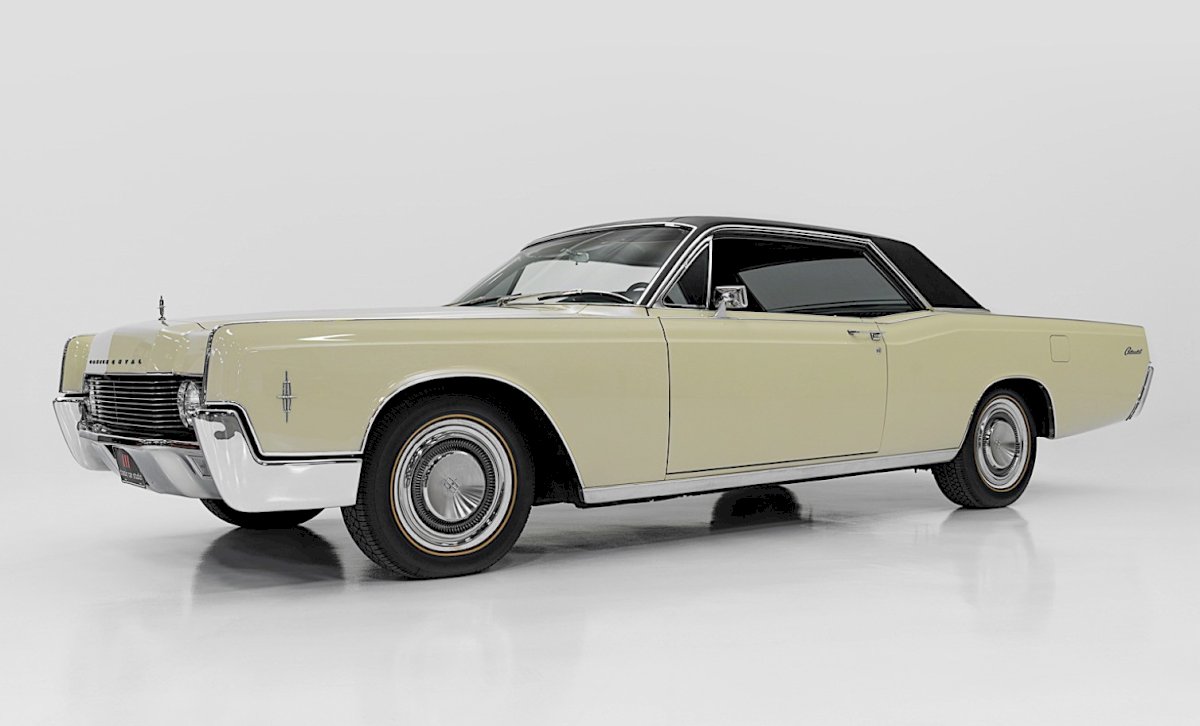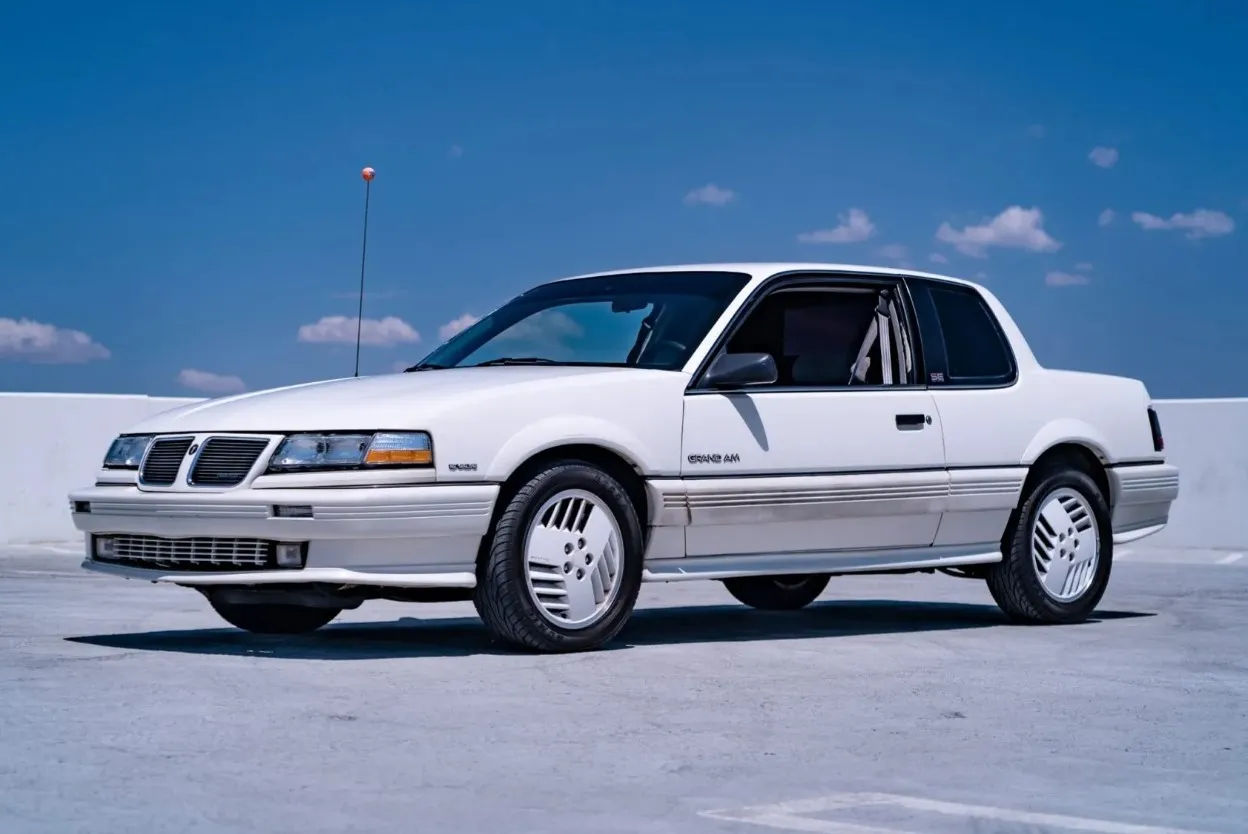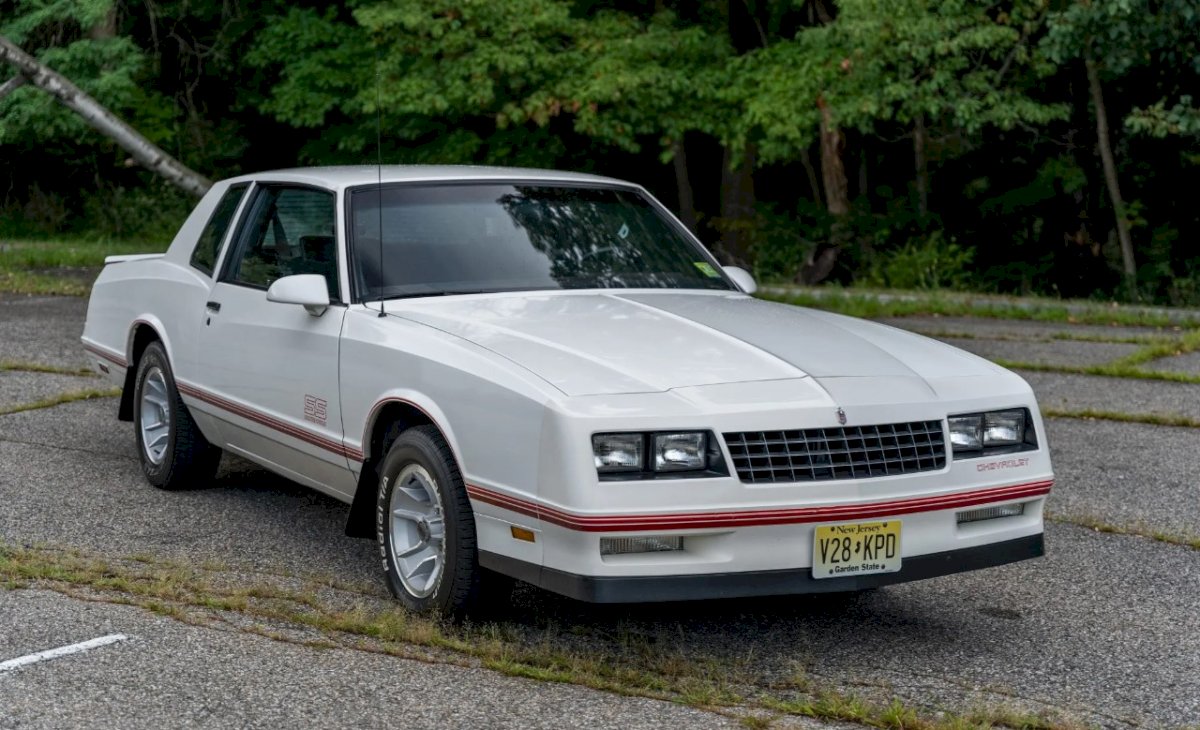The 1980 Chevrolet El Camino, a fascinating fusion of a car and a truck, marked the end of an era for this unique vehicle. A quintessential symbol of American automotive innovation, the El Camino had already enjoyed several decades of production by 1980, and the 1980 model year held a special place in its history. In this comprehensive article, we will explore the rich history of the El Camino, delve into the design and engineering of the 1980 model, and discuss its impact on the automotive industry and car enthusiasts alike.
A Brief History of the Chevrolet El Camino
The Chevrolet El Camino was first introduced in 1959 as a response to the success of the Ford Ranchero, a similar car-based pickup truck. The El Camino was based on the Chevrolet Impala platform and featured a stylish design combined with the practicality of a pickup bed. The first-generation El Camino was produced for only two years before being discontinued due to disappointing sales.
However, in 1964, Chevrolet reintroduced the El Camino, this time based on the popular Chevrolet Chevelle platform. This second-generation El Camino proved to be more successful, and Chevrolet continued to produce the model through five generations, with the 1980 model being part of the fifth and final generation.
Exterior Design
The 1980 Chevrolet El Camino's design was heavily influenced by the Chevrolet Malibu, which shared the same "A-body" platform. The front end featured a simple and clean design with rectangular headlights, a horizontal grille, and a prominent Chevrolet bowtie emblem. The hood had a slight bulge, giving the El Camino a muscular appearance.
The side profile of the 1980 El Camino showcased its unique blend of car and truck. The two-door cabin was styled like a traditional coupe, while the rear half of the vehicle featured a flat, open cargo bed. The roofline smoothly transitioned into the bed, creating a cohesive design. The rear end of the El Camino featured taillights integrated into the lower portion of the tailgate and a chrome rear bumper.
Interior Design
The interior of the 1980 Chevrolet El Camino was designed with comfort and practicality in mind. The cabin featured seating for two, with a bench seat or optional bucket seats. The dashboard was straightforward and functional, with easy-to-read gauges and essential controls within the driver's reach. The El Camino also offered a range of convenience features, such as air conditioning, power windows, and a tilt steering column.
While the El Camino's interior was not as luxurious as some of its contemporaries, it was comfortable and functional, making it an excellent choice for drivers who needed a practical and versatile vehicle.
Engine and Performance
The 1980 Chevrolet El Camino was available with several engine options, allowing buyers to choose the level of performance that best suited their needs. The base engine was a 3.8-liter V6 producing 110 horsepower, which provided adequate power for everyday driving.
For those seeking more performance, Chevrolet also offered a 4.4-liter V8 engine producing 120 horsepower and a 5.0-liter V8 engine producing 150 horsepower. These larger engines provided a significant boost in power, making the El Camino more capable for tasks such as towing and hauling heavy loads.
All engines were available with a choice of a three-speed automatic or a four-speed manual transmission. The El Camino's suspension was designed to provide a comfortable ride while also being capable of handling the additional weight of cargo in the bed.
Sales and Production of the 1980 Chevrolet El Camino
production and sales numbers for the 1980 Chevrolet El Camino are not readily available. However, we can provide a rough estimate based on the production figures for the entire fifth-generation El Camino, which spanned from 1978 to 1987. During this period, Chevrolet produced approximately 305,000 units of the El Camino. It should be noted that this number includes all model years and trim levels within the fifth-generation lineup.
The 1980 Chevrolet El Camino, as a specific model year, would have accounted for a portion of these production numbers. While it is difficult to pinpoint the exact sales and production figures for the 1980 model year, it is clear that the El Camino enjoyed a steady level of popularity during its final generation.
The El Camino faced competition from other car-based pickups, such as the Ford Ranchero, which ceased production in 1979. As a result, the Chevrolet El Camino had a unique position in the market during the early 1980s, offering a combination of car-like comfort and practicality that appealed to a wide range of buyers. The El Camino's blend of style, utility, and performance contributed to its popularity and helped to maintain a loyal customer base throughout its production run.
Trim Levels and Options
The 1980 Chevrolet El Camino was available in three main trim levels: the standard El Camino, the El Camino Conquista, and the El Camino Super Sport (SS). Each trim offered a unique combination of features and styling elements, allowing buyers to customize their vehicle to suit their preferences.
The standard El Camino was the base model, featuring essential equipment and a choice of engines. The standard El Camino was an affordable option for those seeking a practical and versatile vehicle.
The El Camino Conquista added extra exterior and interior features, such as two-tone paint, upgraded upholstery, and additional exterior trim. The Conquista trim was designed to appeal to buyers who desired a more upscale appearance and a higher level of comfort.
The El Camino Super Sport (SS) was the performance-oriented version of the model, featuring a sporty exterior design, an upgraded suspension, and the availability of a more powerful V8 engine. The SS trim was aimed at enthusiasts who sought a blend of style, performance, and utility.
Fuel Economy and Emissions
As a result of the 1970s energy crisis and tightening emissions regulations, Chevrolet focused on improving the fuel efficiency of the El Camino during its fifth generation. The 1980 model year featured smaller, more fuel-efficient engines, such as the 3.8-liter V6 and the 4.4-liter V8. Additionally, the use of lighter materials and improved aerodynamics contributed to better fuel economy.
Despite these efforts, the 1980 El Camino still lagged behind many of its contemporaries in terms of fuel efficiency. However, it should be noted that the El Camino's primary focus was on utility and versatility, which contributed to its appeal in the market.
Pop Culture and Media Appearances
The Chevrolet El Camino has made numerous appearances in movies, television shows, and music videos, often serving as a symbol of American car culture. The 1980 model, in particular, has been featured in several pop culture moments, contributing to its lasting appeal and iconic status.
Some well-known appearances of the El Camino in popular culture include the television series "My Name Is Earl," where the main character drives a fifth-generation El Camino, and the movie "No Country for Old Men," which features an El Camino in a pivotal scene.
Utility and Versatility
One of the key selling points of the 1980 Chevrolet El Camino was its unique combination of car-like comfort and pickup truck utility. The El Camino's cargo bed was capable of hauling a variety of items, from furniture to landscaping materials, making it a versatile choice for both personal and professional use.
Despite its practicality, the El Camino did not sacrifice style or comfort. Its car-based platform provided a smoother ride than traditional pickup trucks, while its interior offered a level of comfort and convenience that was more in line with passenger cars of the era.
Legacy and Collectability
The 1980 Chevrolet El Camino represents the final generation of a unique and memorable American automobile. Production of the El Camino ceased in 1987, and although there have been occasional rumors of a revival, Chevrolet has yet to reintroduce the model.
In the years since its discontinuation, the El Camino has developed a dedicated following among automotive enthusiasts and collectors. The 1980 model, with its combination of style, practicality, and performance, is a particularly appealing example of the El Camino's lasting appeal.
Today's Enthusiast Community
The 1980 Chevrolet El Camino, like other models in its lineage, has a dedicated following of enthusiasts who appreciate its unique design and practical capabilities. Car clubs, online forums, and social media groups provide a thriving community for El Camino owners and fans to share their passion for this distinctive vehicle.
Classic car shows often feature El Caminos, showcasing their enduring appeal and the pride that owners take in preserving and restoring these vehicles. The combination of car-like comfort, pickup truck utility, and stylish design ensures that the 1980 Chevrolet El Camino will continue to be admired and celebrated by automotive enthusiasts for years to come.
In conclusion, the 1980 Chevrolet El Camino is a distinctive and versatile vehicle that continues to hold a special place in the hearts of automotive enthusiasts. Its unique blend of car and truck elements, combined with its stylish design and practical capabilities, make the El Camino a true American classic worthy of appreciation and preservation.



